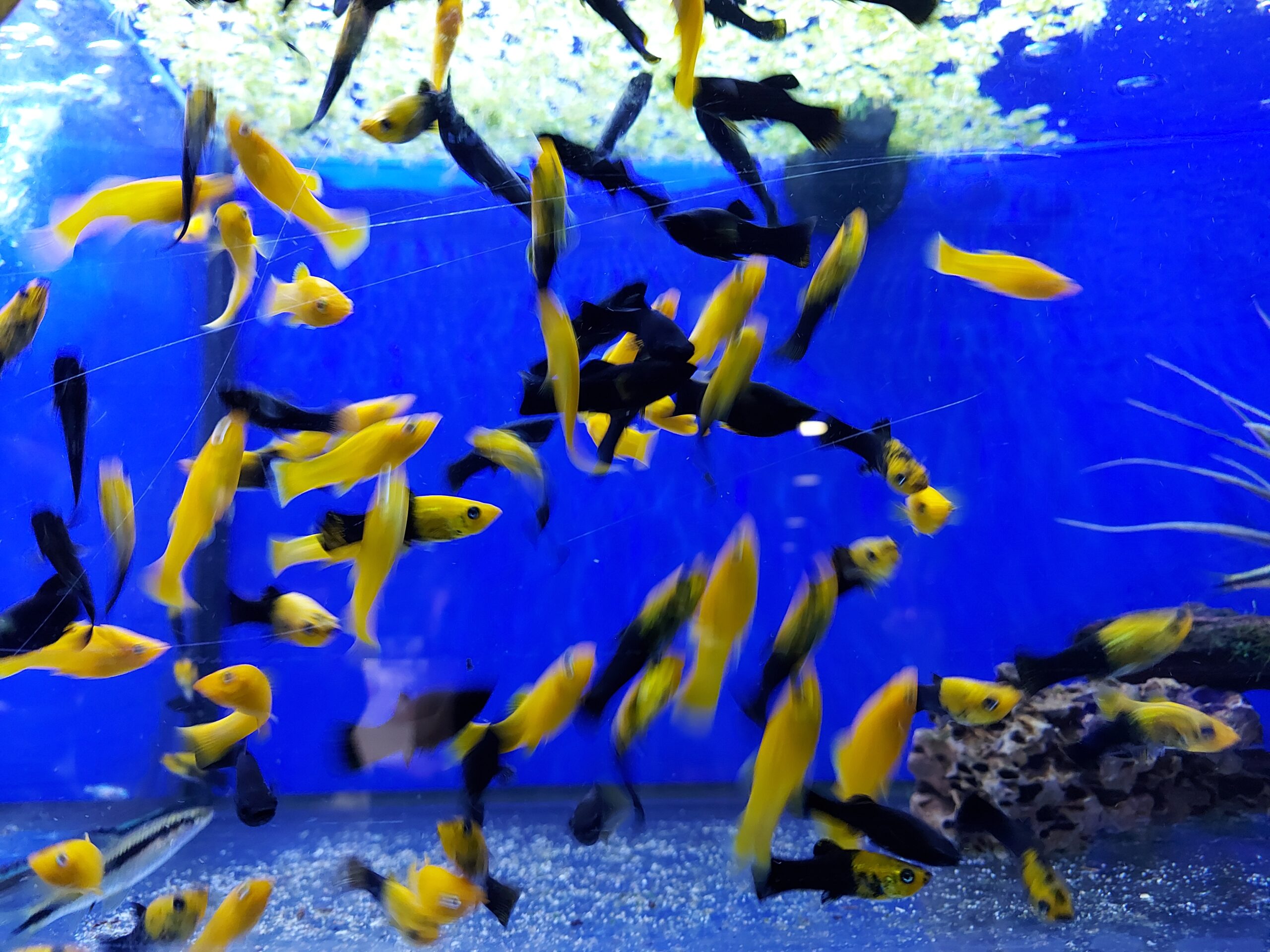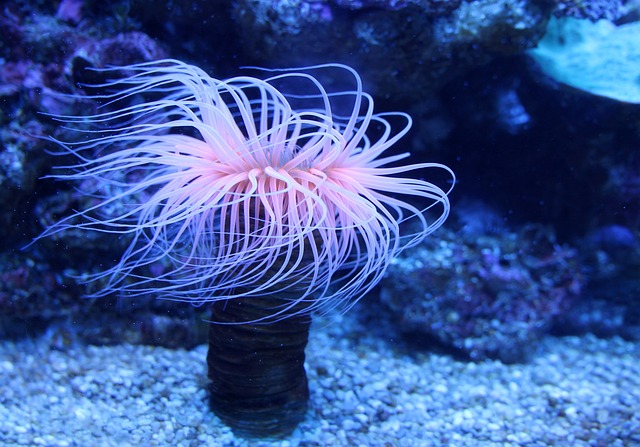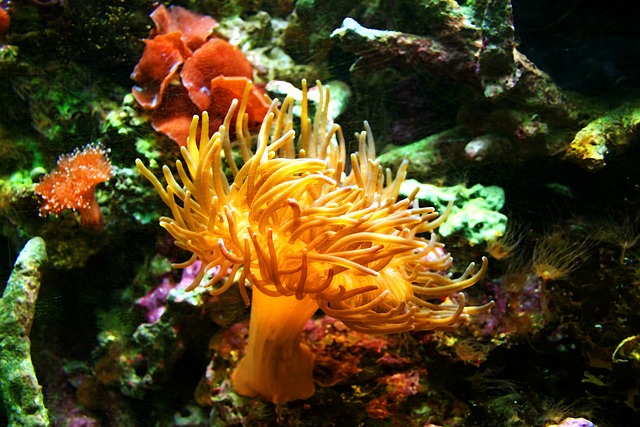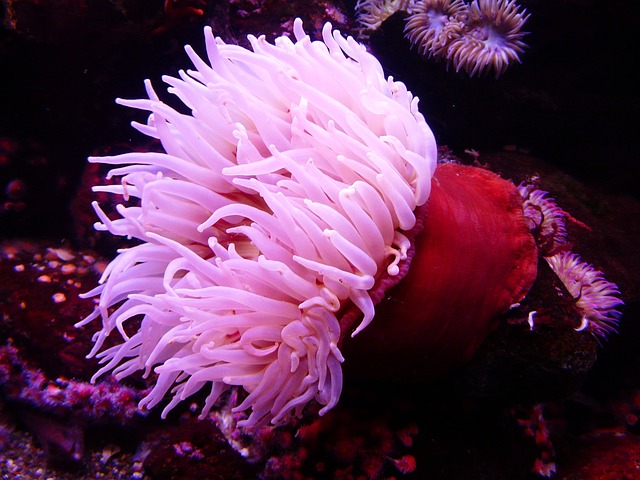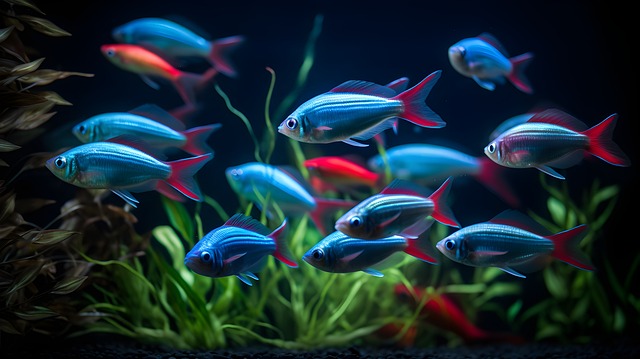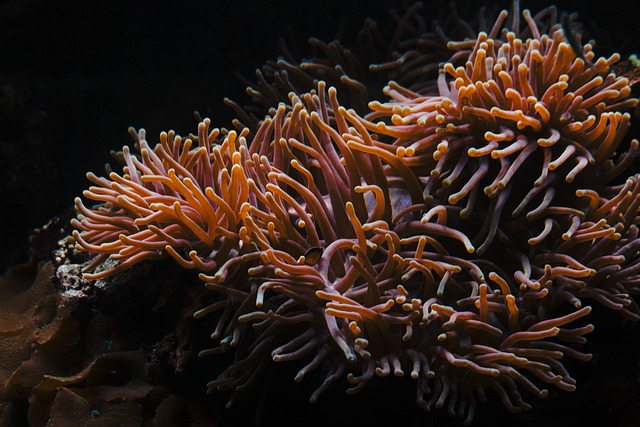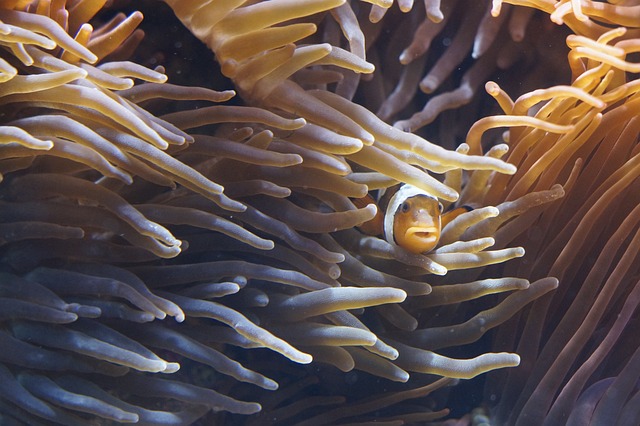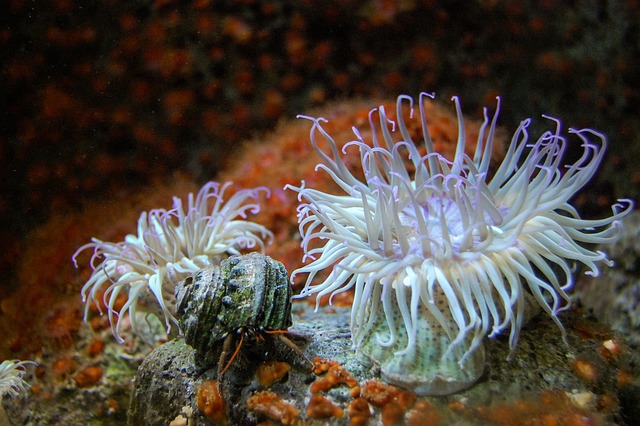Mosquito fish are popular for controlling mosquito populations in backyard ponds and water features. However, many wonder if these small, voracious fish will eat other aquatic life, such as platy fry.
The answer to this question is not a simple yes or no, as it depends on various factors.
One crucial factor to consider is the size of the mosquito fish. Adult mosquito fish can grow up to two inches in length and have a relatively large mouth, making them capable of eating small fish and fry.
However, juvenile mosquito fish are much smaller and may not pose a threat to platy fry.
Another factor to consider is the availability of food. If mosquito fish have access to plenty of mosquito larvae and other small insects, they may be less likely to go after platy fry.
Overall, whether or not mosquito fish will eat platy fry depends on the specific circumstances. It is essential to closely monitor the behavior of both the mosquito fish and the platy fry to ensure the safety of all aquatic life in your pond or water feature.
Mosquito Fish and Platy Fry
What are Mosquito Fish?
Mosquito fish (Gambusia affinis) are small freshwater fish often used for mosquito control. They are native to the southern United States and are now found in many parts of the world. Mosquito fish are popular because they eat mosquito larvae, which can help control the mosquito population in an area.
What is Platy Fry?
Platy fry are the baby fish of the Platy (Xiphophorus maculatus) species. They are small and fragile, requiring much care and attention from their parents or other adult fish in the aquarium.
Platy fry are typically born live and can be challenging to raise in a community tank because other fish often eat them.
Mosquito fish are known for being aggressive and eating small fish, including fry. While mosquito fish do eat mosquito larvae, they may also eat other small creatures in the aquarium, including Platy fry.
If you have a community tank with mosquito fish and Platy fry, it is essential to monitor the tank closely to ensure that the fry is not being eaten.
You may need to separate the fry from the other fish or provide them with a separate breeding tank to ensure their survival.
In conclusion, while mosquito fish can be beneficial for controlling the mosquito population, they may also pose a risk to the survival of Platy fry in a community tank.
It is essential to take precautions to ensure the safety of all the fish in the aquarium.
Will Mosquito Fish Eat Platy Fry?
Factors that Affect Mosquito Fish’s Diet
Mosquito fish, also known as Gambusia affinis, are voracious eaters and will consume various prey items. Their diet consists of mosquito larvae, aquatic insects, and small crustaceans. However, their diet may vary depending on the availability of their prey.
Observations of Mosquito Fish and Platy Fry Interaction
Mosquito fish are known to be aggressive towards other species, including their kind. They may also eat small fish, such as guppies and platy fry. However, observations have shown mosquito fish may not always eat the platy fry.
If the platy fry is large enough, the mosquito fish may not see them as prey.
Additionally, if there is an abundance of other food sources available, such as mosquito larvae, the mosquito fish may not target the platy fry.
Preventative Measures to Protect Platy Fry from Mosquito Fish
Several preventative measures can be taken to protect platy fry from mosquito fish. One option is to separate the platy fry from the mosquito fish by placing them in a separate tank.
Another option is to provide hiding places for the platy fry, such as plants or decorations, to prevent them from being seen as prey.
It is also essential to maintain good water quality and feeding schedules to ensure the health and growth of the platy fry.
Providing a well-balanced diet and keeping the tank clean can help reduce stress and make the platy fry less susceptible to predation.
While mosquito fish may eat platy fry, several factors can affect their diet and behavior. By taking preventative measures and providing a suitable environment for the platy fry, it is possible to reduce the risk of predation by mosquito fish.
Conclusion
In conclusion, mosquito fish can eat the platy fry. While they are primarily known for feeding on mosquito larvae, they will also eat other small aquatic animals, including fish fry. This can be a concern for platy breeders trying to maintain a healthy fish population.
However, it’s important to note that not all mosquito fish will eat platy fry. Some individuals may not be interested in consuming them, while others may not even have access to the fry if kept in a separate tank or breeding net.
Additionally, other factors, such as the size and age of the fry and the number of other available food sources, can also affect whether or not mosquito fish target them.
For those concerned about the potential for mosquito fish to eat their platy fry, a few steps can be taken to minimize the risk. These include:
- Keeping mosquito fish in a separate tank from the platy fry
- Providing plenty of hiding places and vegetation for the fry to take cover in
- Feeding the mosquito fish a varied diet to reduce their reliance on fish fry as a food source
While mosquito fish can threaten platy fry, there are ways to mitigate this risk and maintain a healthy population of both types of fish.

